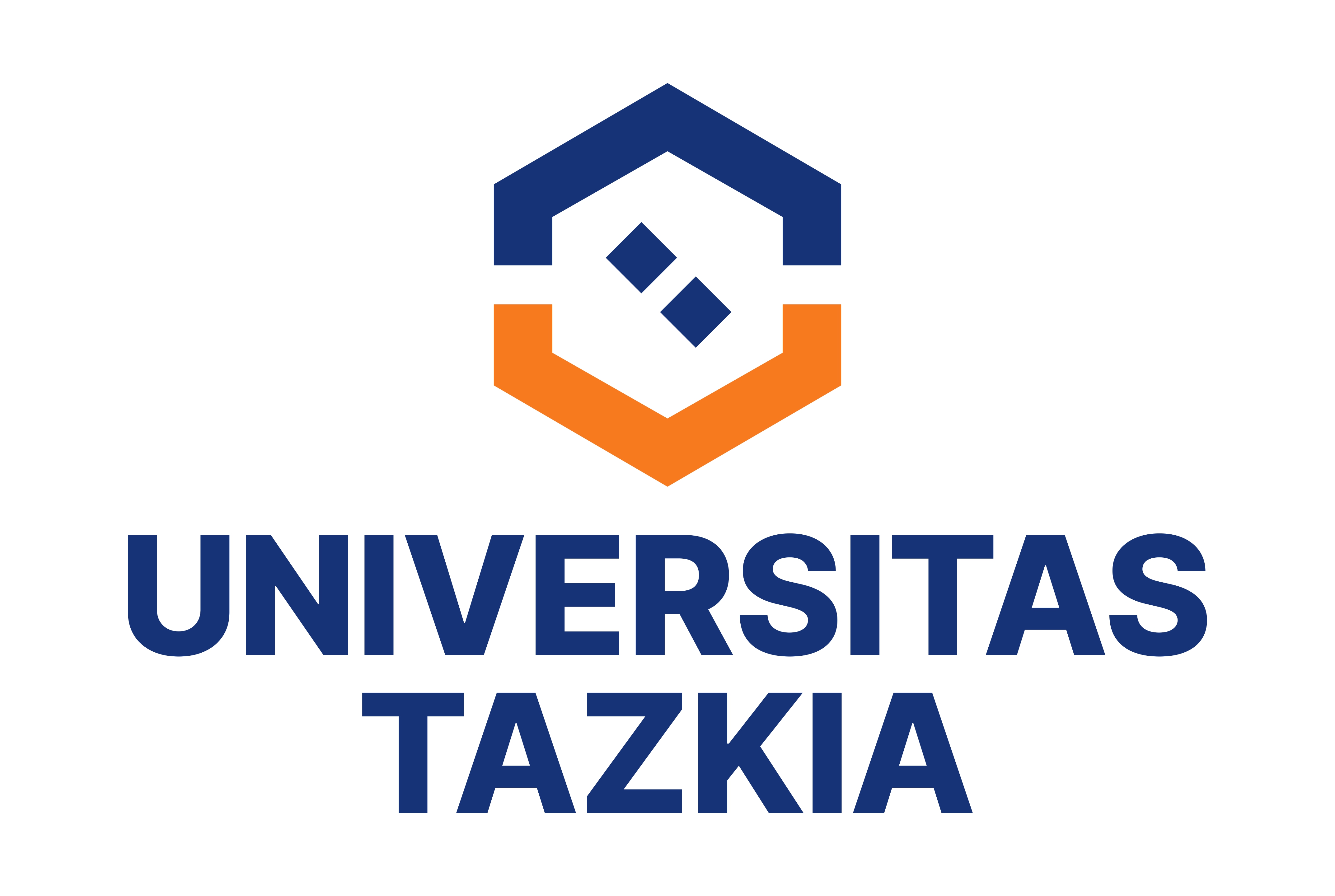The development of digital technology has brought major changes in the global financial sector, including in Indonesia. One of the rapidly growing innovations is financial technology (fintech), an information technology-based financial service that offers convenience, efficiency, and speed in financial transactions. Indonesia, where the majority of the population is Muslim, is in dire need of financial services that are not only effective, but also under sharia principles. Sharia fintech comes as a solution to answer this challenge, by combining modern financial technology innovation with the values and provisions of Islamic law.
The opportunity for sharia fintech development in Indonesia is huge, given several strong supporting factors. First, Indonesia's Muslim population of more than 242 million is a vast potential market for sharia-based financial services. Second, regulatory support from the government and authority institutions such as OJK and BI has also strengthened the sharia fintech ecosystem, including the issuance of the DSN MUI fatwa No. 117/DSN-MUI/II/2018 which is the main legal basis for the implementation of information technology-based financing services according to sharia principles. Third, sharia fintech has great potential in increasing financial inclusion in Indonesia, especially for people in remote areas or who do not have access to formal banking services.
On the other hand, the development of Islamic fintech also faces a number of challenges. One of the main challenges is the low level of Islamic financial literacy in the community. Many people still do not understand the difference between conventional and sharia fintech, including in terms of the concept of contracts and the halalness of transactions. This causes the adoption rate of sharia fintech to still be relatively low compared to conventional fintech. In addition, regulations governing sharia fintech are also not yet fully comprehensive. Some important aspects such as consumer protection, contract transparency, and reporting system integration still need to be clarified in order to ensure public trust.
Another challenge that needs to be considered is the limited capital and technological resources owned by most Islamic fintech players. Most of the business actors are startups that are still in the early stages of development, so they are not yet able to compete directly with conventional fintechs that already have experience. Limited technological infrastructure, especially in rural areas, is also an obstacle in reaching all elements of society. In addition, there are still few workers or human resources who have dual competencies in Islamic finance and information technology, so the process of product innovation and platform development is slow.
Even so, opportunities for the growth of Islamic fintech remain wide open. The government, regulators, academics, educational institutions, and industry players must work together to overcome these challenges. Strategic steps that can be taken include increasing Islamic financial literacy through public education, drafting regulations that are more adaptive to technological developments, and supporting financing and incubation for Islamic fintech startups. In addition, it is also important to create synergies between Islamic fintech and Islamic financial institutions such as BPRS and Islamic cooperatives in order to create an inclusive and collaborative ecosystem.
In conclusion, sharia fintech has a strategic role in expanding the reach of sharia compliant financial services, as well as promoting inclusive economic growth in Indonesia. Although it faces a number of obstacles, its great potential makes Islamic fintech worthy of continued development. Success in managing these opportunities and addressing these challenges will determine the future of Indonesia's Islamic financial system in the digital era. Therefore, synergy between all stakeholders is the key to creating sustainable and equitable growth in the Islamic fintech industry.
Reference
- Hiyanti, H. et al. (2019). Opportunities and Challenges of Islamic Fintech in Indonesia. Scientific Journal of Islamic Economics, 5(3), 330-340.
- Kompasiana. (2024). Challenges and Solutions of Islamic Fintech in Indonesia. Tantangan dan Solusi Fintech Syariah di Indonesia Halaman 1 - Kompasiana.com
- Iskandar, A. & Ghozali, M. (2023). Sharia Fintech and Financial Inclusion in Indonesia. Journal of Islamic Economics and Finance, 7(2).
- (PDF) Peran Fintech Dalam Transformasi Sektor Keuangan Syariah
- Financial Services Authority (OJK). (2023). Annual Report on the Islamic Fintech Industry in Indonesia.

